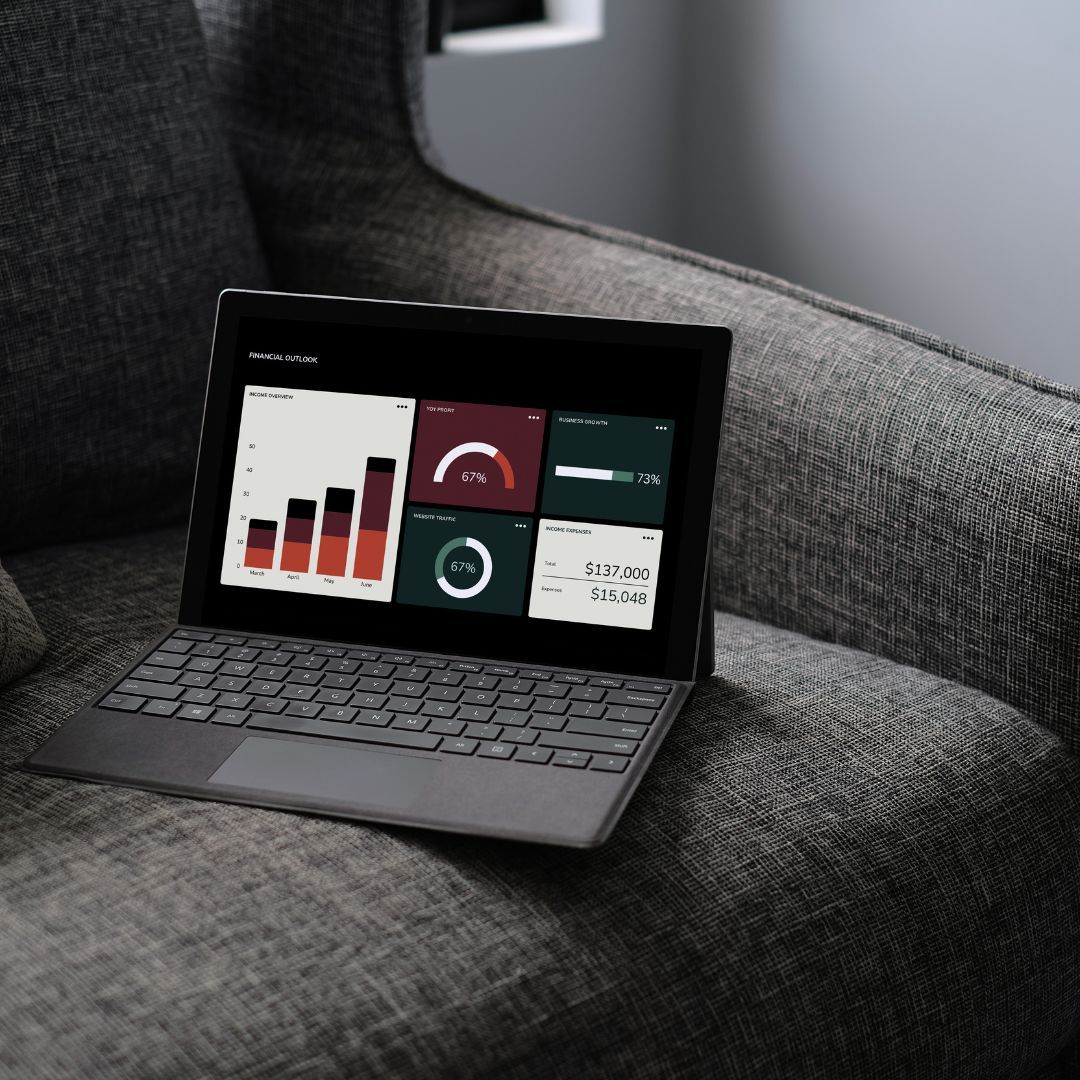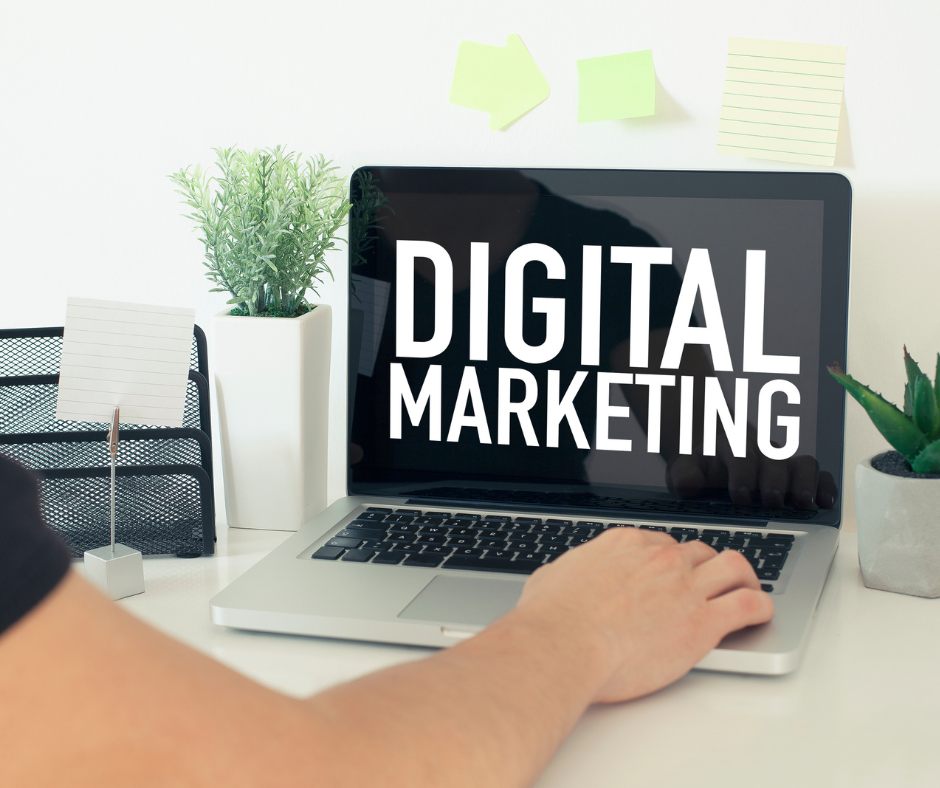5 Effective Marketing Strategies for Small Businesses

Small businesses face many challenges when it comes to marketing. Limited budgets and resources can make it difficult to compete with larger, established brands. However, with the right marketing strategies, small businesses can increase their visibility and attract more customers. In this blog post, we'll explore five effective marketing strategies that small businesses can use to achieve their goals.
- Develop a Strong Social Media Presence
Social media is a powerful tool for small businesses. It provides an opportunity to connect with customers and build brand awareness. According to Statista, there were 4.66 billion social media users worldwide in 2021 and this number is expected to grow to 4.91 billion by 2025. Small businesses can leverage this massive user base by creating a strong social media presence.
To get started, businesses should identify the social media platforms that are most relevant to their target audience. For example, if their customers are primarily young adults, then Instagram and TikTok may be more effective than Facebook. Once they've identified the right platforms, businesses can create engaging content that resonates with their audience. This could include product photos, behind-the-scenes footage, and user-generated content.
- Invest in SEO
Search engine optimisation (SEO) is a critical component of any digital marketing strategy. It involves optimising a website's content to rank higher in search engine results pages (SERPs). According to HubSpot, 75% of people never scroll past the first page of search results, which means that small businesses need to appear at the top of SERPs to be noticed.
To improve their SEO, small businesses should focus on creating high-quality, relevant content that's optimised for target keywords. This could include blog posts, product descriptions, and landing pages. They should also ensure that their website is mobile-friendly, as more than half of all web traffic comes from mobile devices.
- Offer Incentives
Incentives can be a powerful tool for driving customer engagement and loyalty. According to a study by Invesp, 94% of consumers say that they're more likely to purchase if they receive an incentive. Small businesses can offer incentives in many forms, including discounts, free samples, and loyalty programs.
When developing incentives, businesses should consider what's most valuable to their target audience. For example, a discount may be more effective for price-sensitive customers, while a loyalty program may be more effective for frequent shoppers. By offering incentives, businesses can encourage customers to act and build long-term relationships.
- Leverage Influencer Marketing
Influencer marketing is a growing trend in the marketing world, and it can be particularly effective for small businesses. According to a study by Linqia, 86% of marketers used influencer marketing in 2020, and 94% of them found it effective. By partnering with influencers, small businesses can tap into their existing audiences and gain exposure to new customers.
When selecting influencers, businesses should look for those who align with their brand values and have a large, engaged following. They should also consider the type of content that the influencer creates and whether it resonates with their target audience. By working with influencers, small businesses can build credibility and trust with their customers.
- Use Email Marketing
Email marketing is a tried-and-true marketing strategy that can be highly effective for small businesses. According to Campaign Monitor, email marketing has an ROI of 44%, which means that for every £1 spent, businesses can expect a return of £44. Small businesses can use email marketing to promote products, share company news, and offer incentives to customers.
To be effective, email marketing campaigns should be personalised and relevant to the recipient. Businesses should segment their email lists based on customer interests and behaviours.
In conclusion, small businesses can benefit from many marketing strategies to increase their visibility and attract more customers. Social media provides an opportunity to connect with audiences, while SEO ensures that businesses rank high in search results. Offering incentives and partnering with influencers can drive engagement, build credibility and email marketing can promote products and offer incentives to customers.
Small businesses need to experiment with different marketing strategies and monitor their effectiveness. By tracking metrics such as engagement rates and conversion rates, businesses can optimise their marketing strategies and achieve their goals.
If you're a small business owner, don't be intimidated by the marketing landscape. With the right strategies, you can build a strong brand and connect with customers. Try implementing some of the strategies we've discussed in this blog post and see what works best for your business.
CTA: Want to learn more about effective marketing strategies for small businesses? Contact us today to see how we can help you grow your brand and reach your target audience.











